Post by The Lunar Crew on Sept 30, 2021 8:06:33 GMT -7
Please keep in mind that everyone is a different person, so the techniques that work for one person may not work for another person. It can be discouraging if you have a hard time figuring out what techniques can work for you, and that's understandable. Just know that something out there will work for you; perhaps you need a combination of techniques, perhaps you need a different variation, perhaps it's just something that's not listed here, and that's ok. That doesn't mean that self care and healthy coping techniques don't exist for you.
It's also important to remember that the brain is a muscle. And like any other muscle, it can take some time, repetition, and practice before a calming or healthy coping technique helps you in a noticeable way. What you're doing every time you practice a technique is training your brain muscle to learn that when you do a certain thing, it means that it's time to calm down, or you're actually safe, or that it's ok that something is overwhelming while reminding yourself that it'll pass, or that it's time to stop a certain thought cycle, or that you're in the present and not the past, etc.
Example:
One of our coping techniques is, (if we're able to), to listen to calm music, like our Enya station on Pandora, or nature sounds, like rainfall or the ocean waves. Let's say we're feeling very anxious one day, and our stress levels are high. We might get lost in it for a bit, but eventually we'll remember that we should start trying our coping techniques. After working on it for some time, our brain is now mostly at the point where as soon as it hears specific calm music or nature sounds, it knows that we are actually safe and ok, and it's time to calm down. We take deep breaths, imagine the anxiety leaving us as the music plays, and our thought processes begin to slow down. The slower thought processes allows us to have the room to interrupt the anxious thought cycle with other thoughts, like reminding ourselves that we'll be ok, that this will pass, that we are safe, and even arguing with the anxious thoughts if that's what works for the situation.
When we first began to use this coping technique, it didn't seem to help much. In fact, sometimes it annoyed and frustrated us, because there were these calming sounds going on and we didn't feel like we could calm down, or sometimes we didn't want to calm down because we felt like if we calmed down, then something bad would happen. But the more we practiced it and the deep breathing, the more we practiced interrupting our anxious thoughts, the more we practiced slowing our thoughts down, the easier it got. And now, we usually don't even have to think about it. Our brain hears the sounds, takes in the deep breathing, and recognizes that these signs mean we are ok, we are safe, and it's ok to calm down.
If self care and coping techniques don't seem to help you at all despite repetition and practice, or if they seem to work against you, that's ok. There's nothing wrong with you. All that means is that you need to try a different technique, that's all. Not every technique will work for everyone.
-The Hawk-
It's also important to remember that the brain is a muscle. And like any other muscle, it can take some time, repetition, and practice before a calming or healthy coping technique helps you in a noticeable way. What you're doing every time you practice a technique is training your brain muscle to learn that when you do a certain thing, it means that it's time to calm down, or you're actually safe, or that it's ok that something is overwhelming while reminding yourself that it'll pass, or that it's time to stop a certain thought cycle, or that you're in the present and not the past, etc.
Example:
One of our coping techniques is, (if we're able to), to listen to calm music, like our Enya station on Pandora, or nature sounds, like rainfall or the ocean waves. Let's say we're feeling very anxious one day, and our stress levels are high. We might get lost in it for a bit, but eventually we'll remember that we should start trying our coping techniques. After working on it for some time, our brain is now mostly at the point where as soon as it hears specific calm music or nature sounds, it knows that we are actually safe and ok, and it's time to calm down. We take deep breaths, imagine the anxiety leaving us as the music plays, and our thought processes begin to slow down. The slower thought processes allows us to have the room to interrupt the anxious thought cycle with other thoughts, like reminding ourselves that we'll be ok, that this will pass, that we are safe, and even arguing with the anxious thoughts if that's what works for the situation.
When we first began to use this coping technique, it didn't seem to help much. In fact, sometimes it annoyed and frustrated us, because there were these calming sounds going on and we didn't feel like we could calm down, or sometimes we didn't want to calm down because we felt like if we calmed down, then something bad would happen. But the more we practiced it and the deep breathing, the more we practiced interrupting our anxious thoughts, the more we practiced slowing our thoughts down, the easier it got. And now, we usually don't even have to think about it. Our brain hears the sounds, takes in the deep breathing, and recognizes that these signs mean we are ok, we are safe, and it's ok to calm down.
If self care and coping techniques don't seem to help you at all despite repetition and practice, or if they seem to work against you, that's ok. There's nothing wrong with you. All that means is that you need to try a different technique, that's all. Not every technique will work for everyone.
-The Hawk-


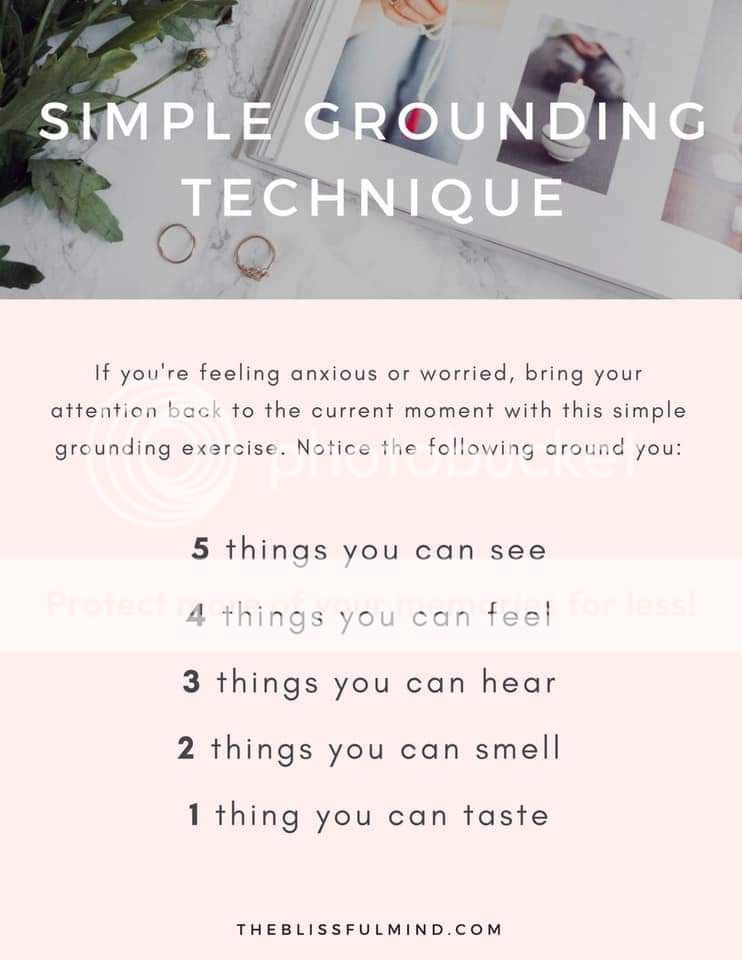
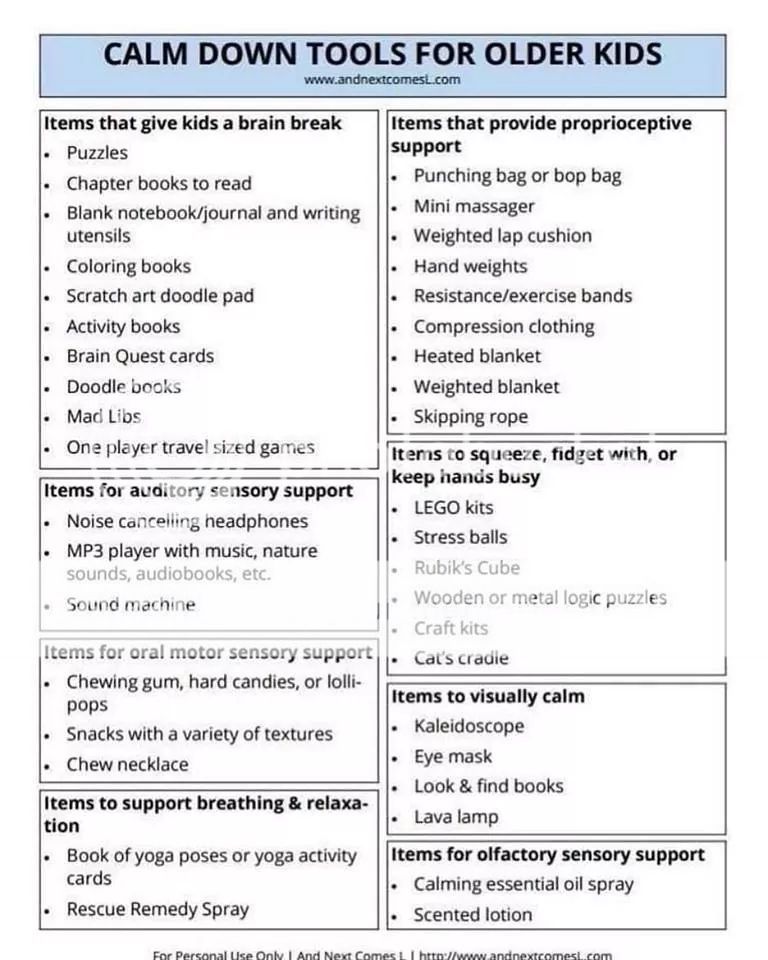
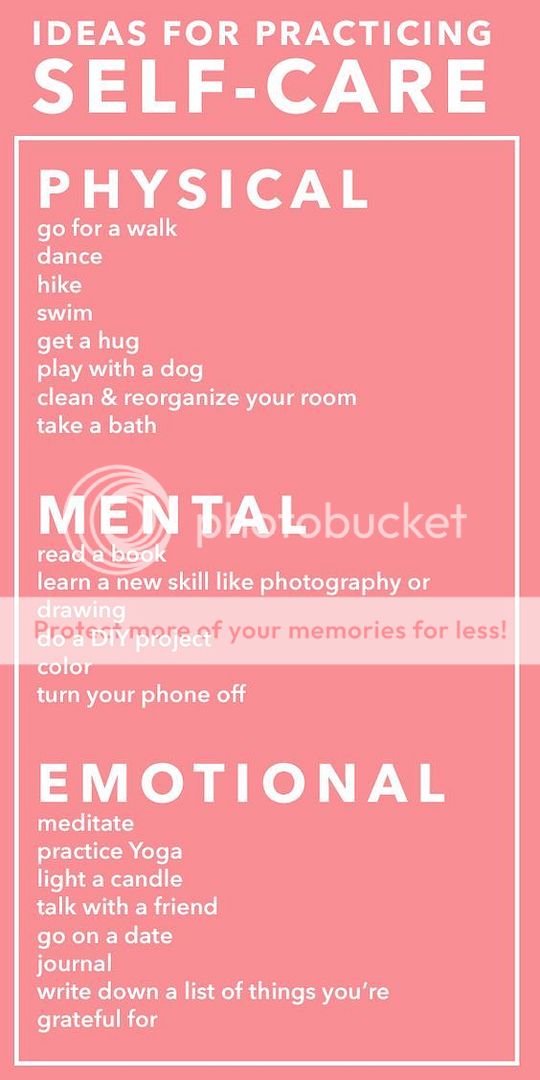
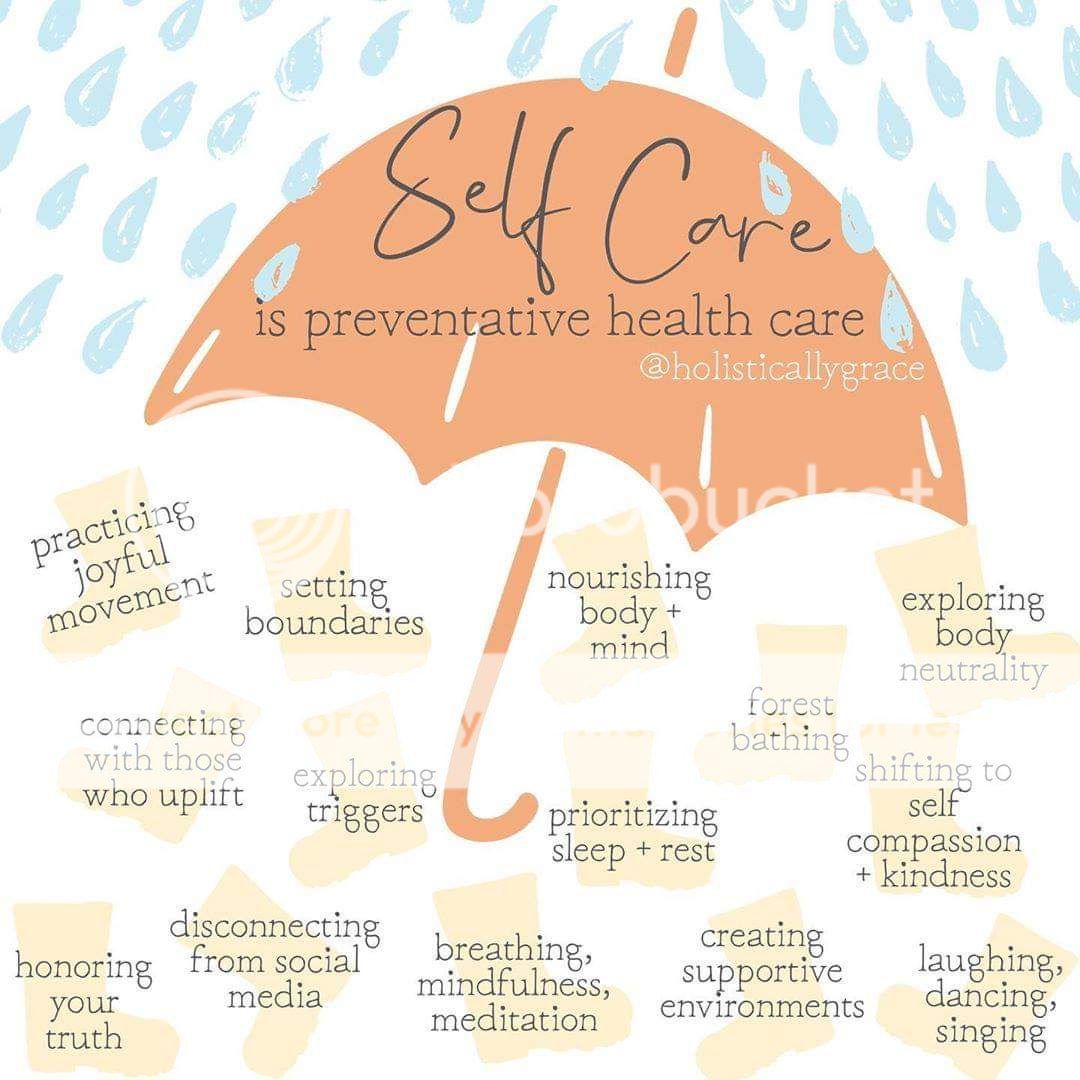
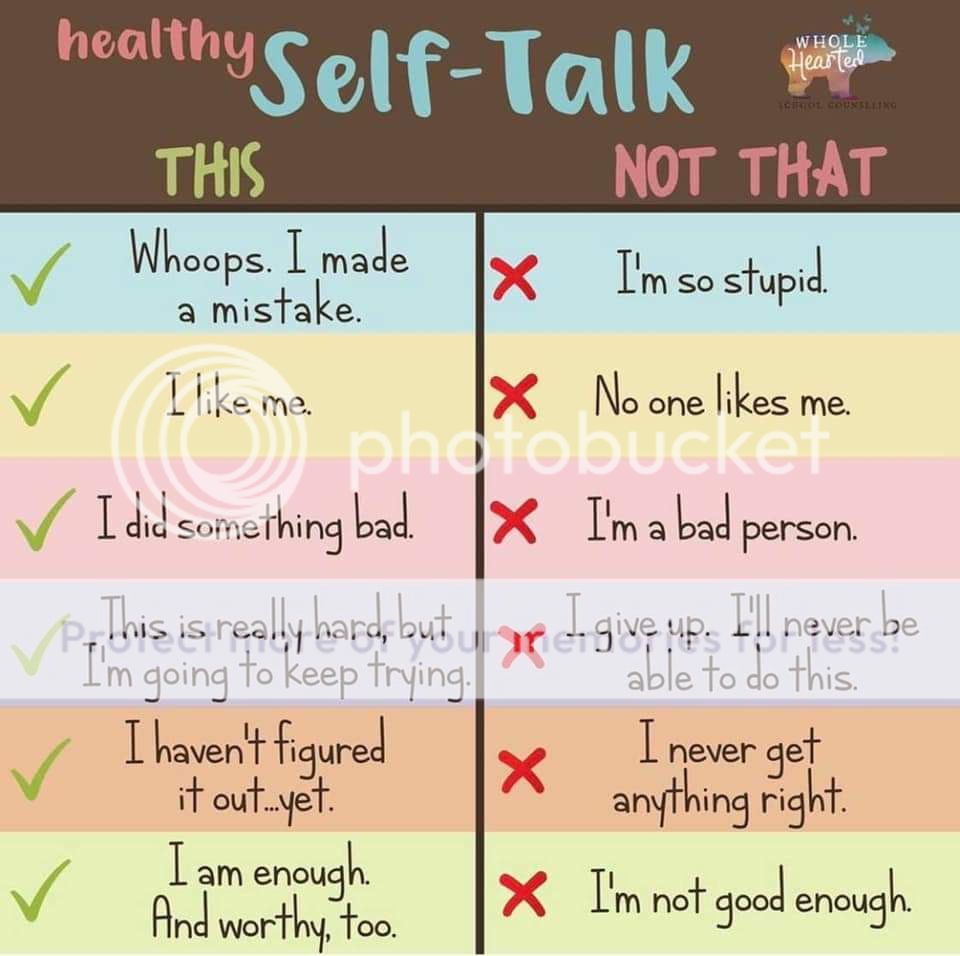

 We love doing those self dates too. They are often really fun. We got a projector for Christmas and it's been really fun to put up the scenery on it and have a nice picnic. Ambiences on youtube help us a ton and you can find an ambience for any kind of scenario.
We love doing those self dates too. They are often really fun. We got a projector for Christmas and it's been really fun to put up the scenery on it and have a nice picnic. Ambiences on youtube help us a ton and you can find an ambience for any kind of scenario.  -casey
-casey